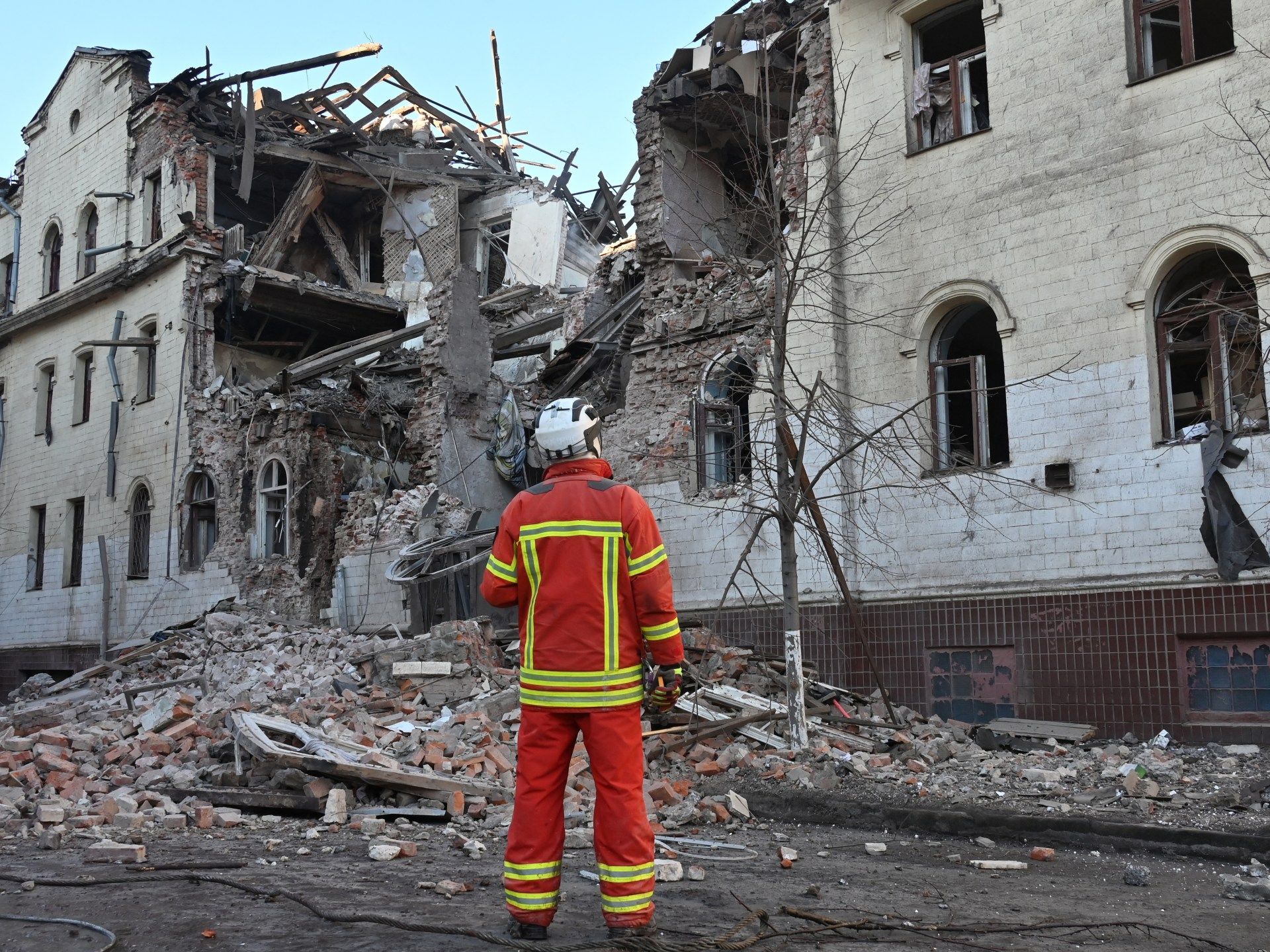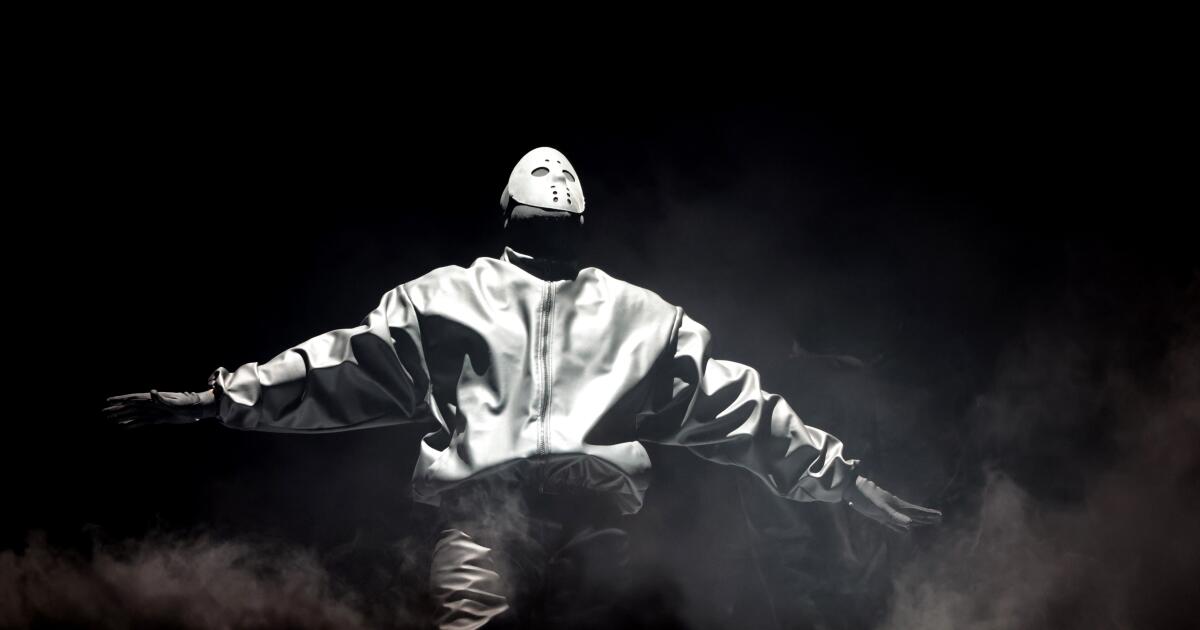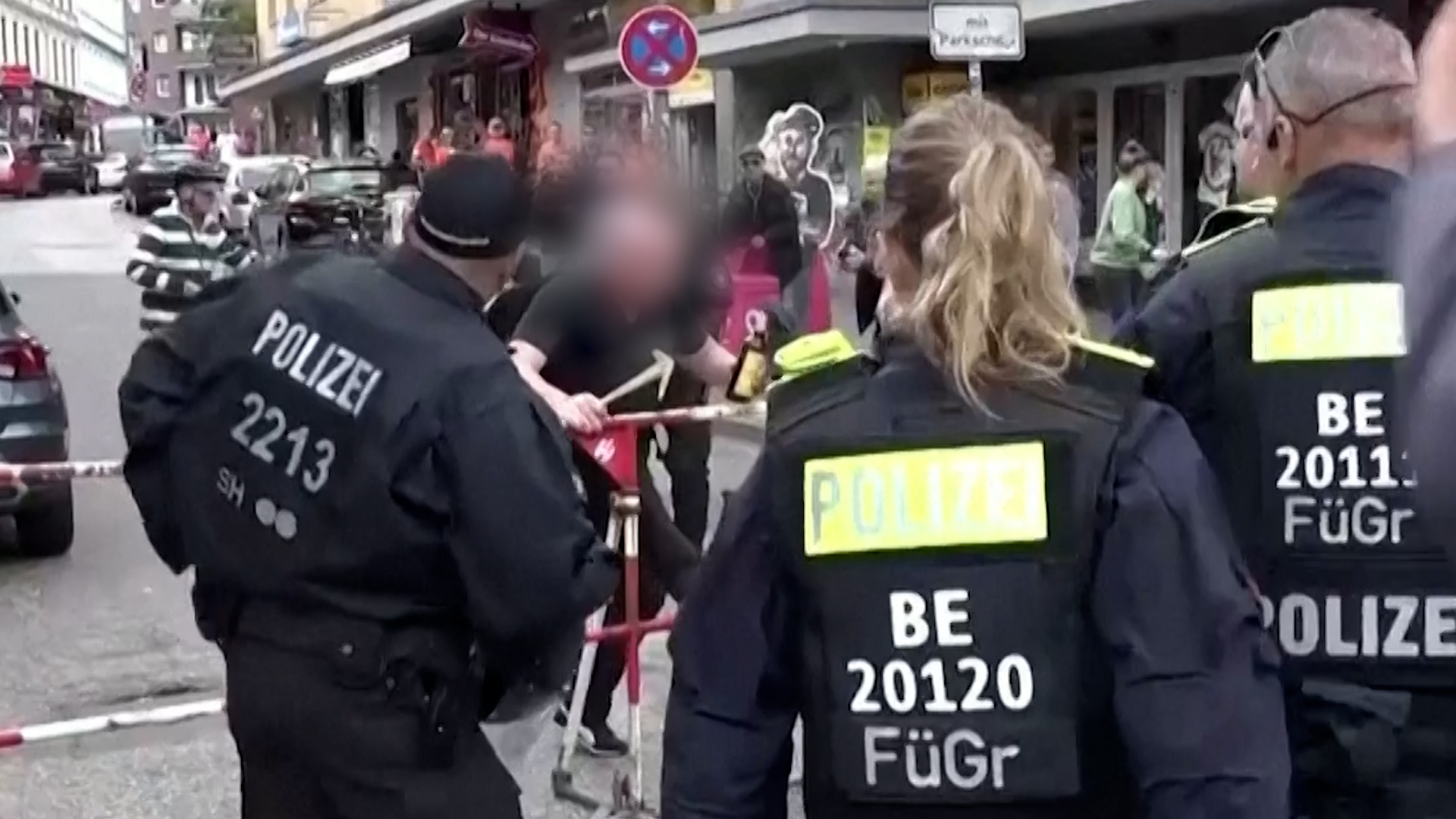Three children among the dead, official says, as Russian attack causes fires and damage to homes.
An overnight Russian drone strike killed at least seven people, including three children, in the eastern Ukrainian city of Kharkiv, authorities say.
Regional Governor Oleg Synegubov said on Telegram on Saturday that three children, aged seven, four and six months, were among the victims after the attacks affected at least 15 houses and caused large-scale fires.
Kharkiv, about 30 kilometers (18 miles) from the Russia-Ukraine border, has often felt the brunt of Russia's winter campaign of long-range strikes that commonly hit civilian areas.
On January 23, a barrage of missiles hit Kharkiv and two other Ukrainian cities in one of the most intense bombardments since the beginning of the year. At least 11 people were killed when some 5,000 windows in 222 buildings were shattered by explosions and shock waves across the region, authorities said.
It marked what the United Nations called “an alarming reversal” of a trend last year that saw a drop in civilian casualties from Moscow's attacks.
The city, with a pre-war population of 1.5 million, is the most vulnerable urban center in Ukraine. Russia lies to the north and east, and the border of the Luhansk region, annexed by Moscow, is about 150 kilometers (90 miles) to the southeast.
Since the first day of the full-scale invasion in February 2022, Russian forces have attempted to seize Kharkiv, sending armed personnel carriers almost to the center of the city.
Moscow has deployed strategic bombers, ballistic or cruise missiles and Iranian- or Russian-made drones that take just minutes to reach the city from across the border.
Unlike the capital kyiv, which received advanced Western air defense systems in a matter of months, Kharkiv remains almost defenseless. Residents and authorities have had to adapt quickly as any delay means loss of life.
Russian attacks keep Ukrainians on tenterhooks while the 1,500-kilometer (930-mile) front line has barely moved. The inability of both sides to make significant gains on the battlefield has pushed the fighting toward trench and artillery warfare.
Ukraine's problems with ammunition and personnel come on the heels of a failed counteroffensive last summer and as European allies try to increase their military production.
To change things, Ukrainian President Volodymyr Zelenskyy on Thursday appointed Oleksandr Syrsky as the new head of Ukraine's armed forces. The move represented the most serious change in top military leadership since the start of the war.












